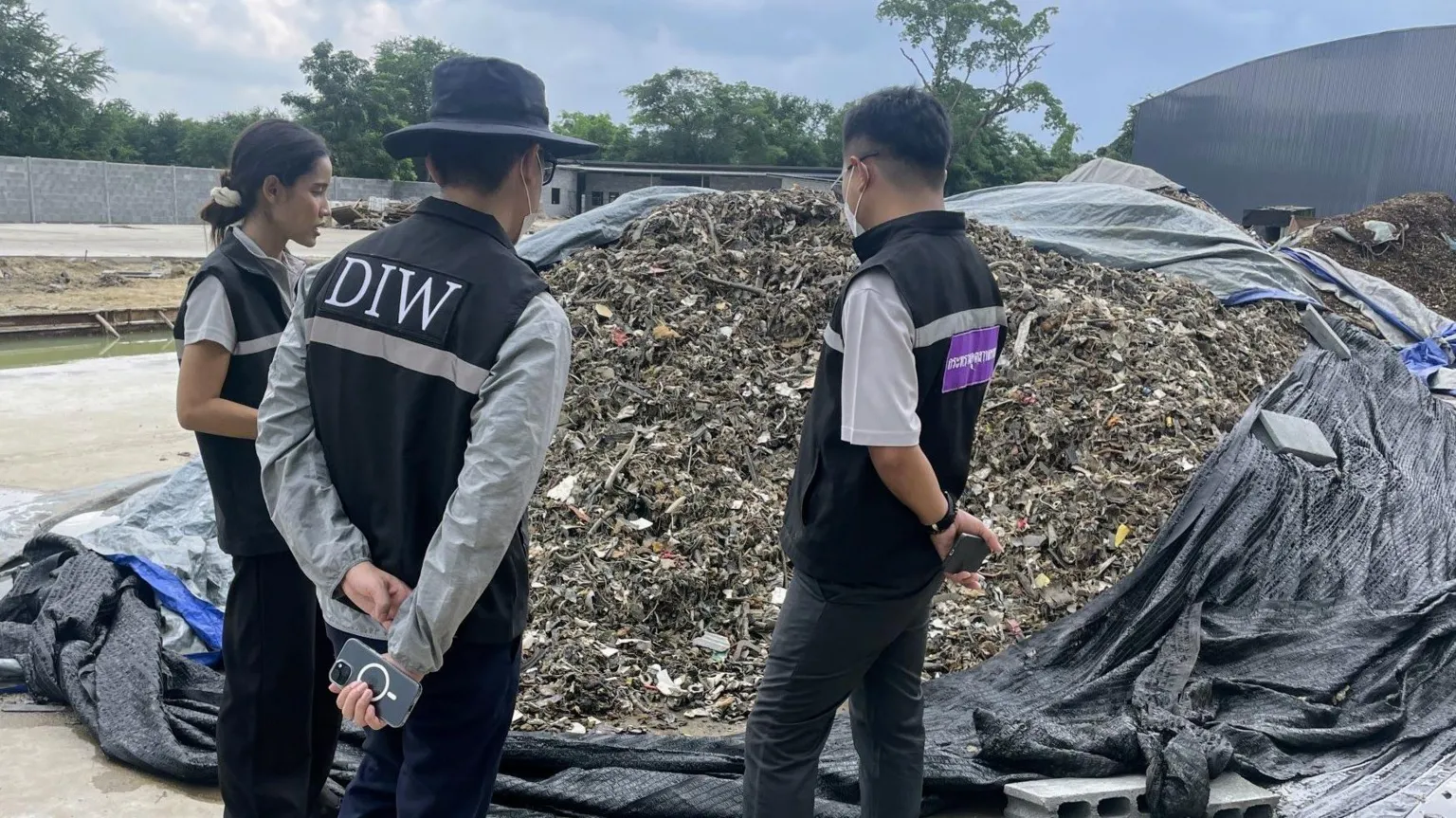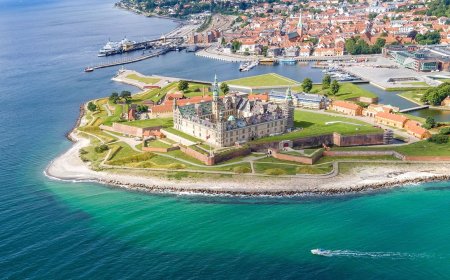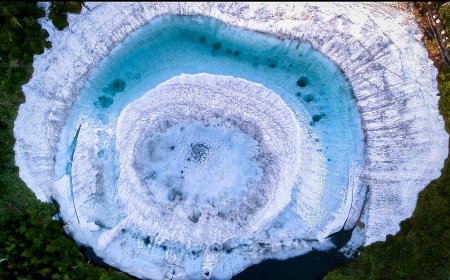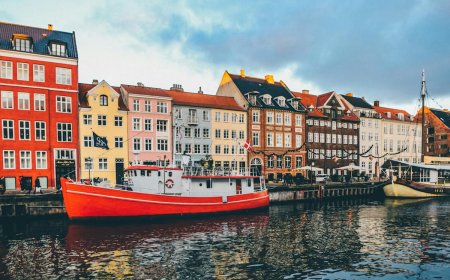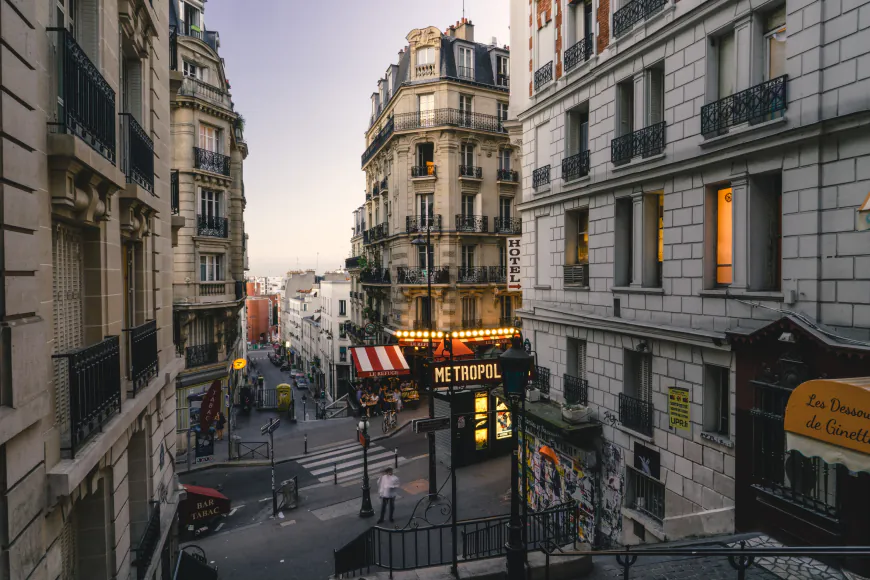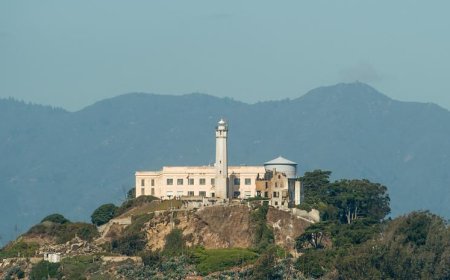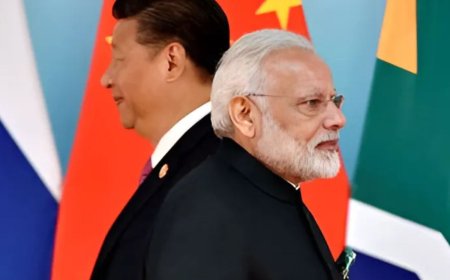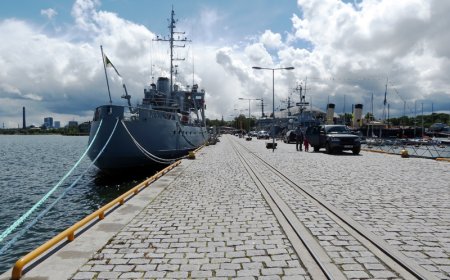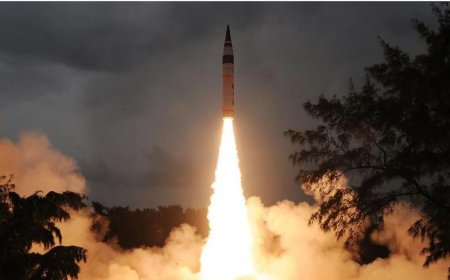Tense calm prevails Syria’s al-Suwayda after a week of sectarian violence
Beirut/Damascus, (EFE).- A tense calm prevails in the city of Al-Suwayda, in southern Syria, on Sunday, with sporadic clashes outside the city despite the ceasefire in effect, a week after sectarian violence between Bedouin and Druze groups.
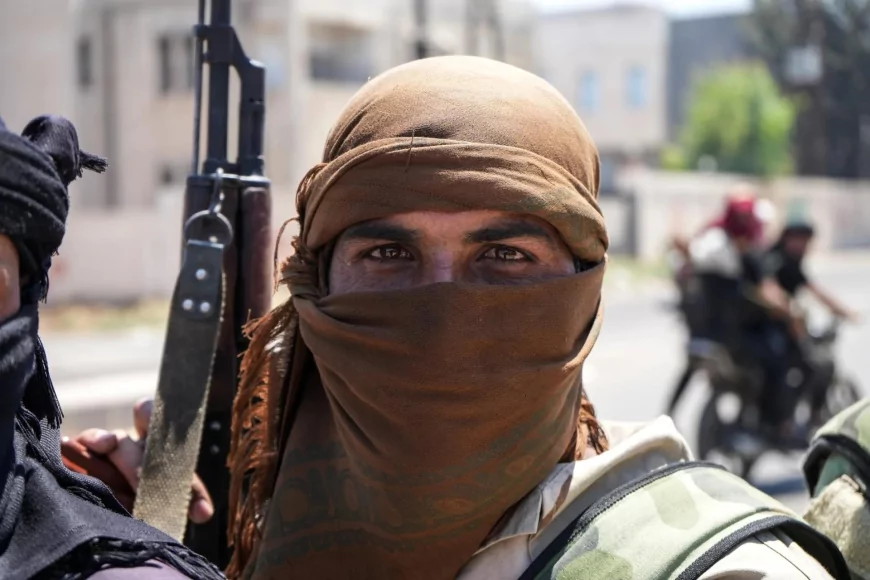
Syrian Interior Minister Anas Khatab stated that “after days of bloodshed in the province of al-Suwayda, security forces managed to calm the situation after deploying to the northern and western regions,” where they “managed to impose a ceasefire.”
Th truce came “in preparation for the prisoner exchange phase and the gradual return to stability throughout the province,” the second stage of the current truce, Khatab said.
In this regard, Interior Ministry spokesperson Noureddine al-Baba said the city of Al-Suwayda was evacuated of all “tribal fighters” and clashes within the city’s neighborhoods had stopped.

The Syrian Observatory for Human Rights also indicated that the city “remains under the control of local armed Druze, while tribal fighters have withdrawn from several areas of the governorate.
This calm comes amid attempts to deescalate the situation,” although clashes resumed “with medium-sized weapons and mortar shells in the villages of Ariqa, Raymah, Hazem, and Shahba, following an attack by tribal fighters hours after the ceasefire announcement.”
Last Friday, the US special envoy to Syria, Tom Barrack, announced that Israel and Syria had reached a ceasefire agreement supported by the US and accepted by Turkey, something that was confirmed by Syria’s interim president, Ahmed al-Sharaa, on Saturday.
Permission for Humanitarian Aid
Along with this calm has come the need to address the humanitarian situation in the province, given that at least 87,000 people have been displaced within al-Suida and towards Daraa province, according to the UN Office for the Coordination of Humanitarian Affairs (OCHA) in Syria, which added that they are mobilizing to provide humanitarian assistance and assess needs, as security allows.
The Syrian Ministry of Health stated that in light of “the urgent situation,” “a medical convoy consisting of 20 fully equipped ambulances with specialized and highly trained medical teams, as well as large quantities of medicines and emergency supplies” has been immediately dispatched, a convoy in response to the opening of safe corridors, according to the official Syrian news agency SANA.
However, the press office of this department told SANA that Druze leader Hikmat al-Hijri “refused entry to the official Syrian government delegation that accompanied the aid convoy to Al-Suwayda province,” while only allowing entry to the Syrian Arab Red Crescent team.

SANA confirmed that the Syrian Arab Red Crescent convoy of 32 trucks entered the province, “sent in response to humanitarian appeals, and is loaded with food kits, flour, drinking water, medicines, medical supplies, water tanks, and fuel.”
Emergencies and Disaster Management Minister Raed al-Saleh told Syria’s Al-Ikhbariya television that “the aid convoys are ready and prepared to enter at any time,” while “the complex security situation in Al-Suwayda and the kidnappings of our colleagues are the cause of the delay in the arrival of the aid.”
Al Saleh refers to the kidnapping of Hamzeh al-Amareen, head of an Emergency Response Center for the Syrian Civil Defense, known as the “White Helmets,” while on a mission to evacuate a UN team in Al-Suwayda.
A Week of Violence and Abuses A week ago, fierce clashes erupted between Bedouin clans and Druze groups following a violent robbery of a businessman from the latter community, prompting the Syrian Army to deploy to the region to take control of security from local factions.
However, the arrival of government troops intensified the wave of violence, and Israel became involved by attacking Damascus, as well as Al-Suwayda and Daraa.
While authorities have yet to provide an updated death toll, the Syrian Observatory for Human Rights on Sunday raised the death toll from the week of violence to more than 1,000, although the Syrian Network for Human Rights (SNHR) has documented the deaths of at least 321 Syrians.
Al Sharaa pledged to punish those who committed abuses against the Druze community during the clashes, as local activists and organizations reported a series of extrajudicial killings, among other rapes, by suspected military personnel. EFE
bei-sir-ar-sr-ijm-sk
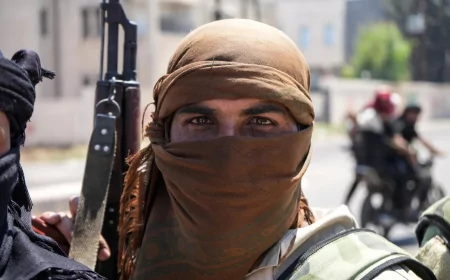
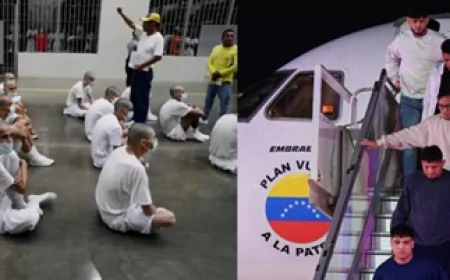
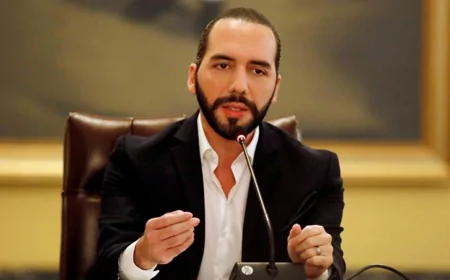

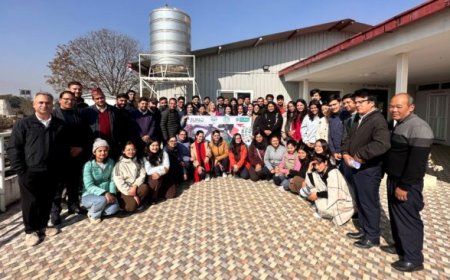
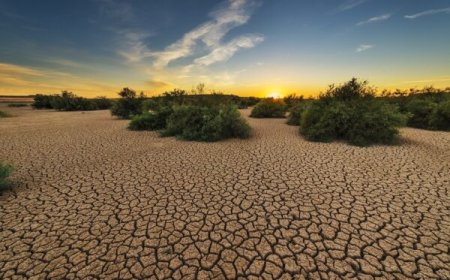
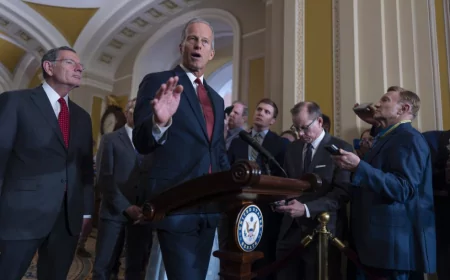
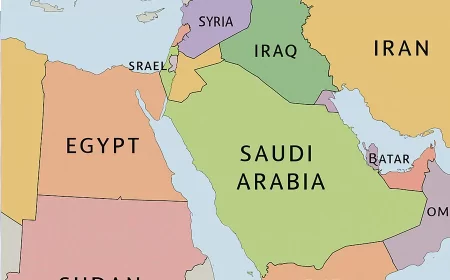
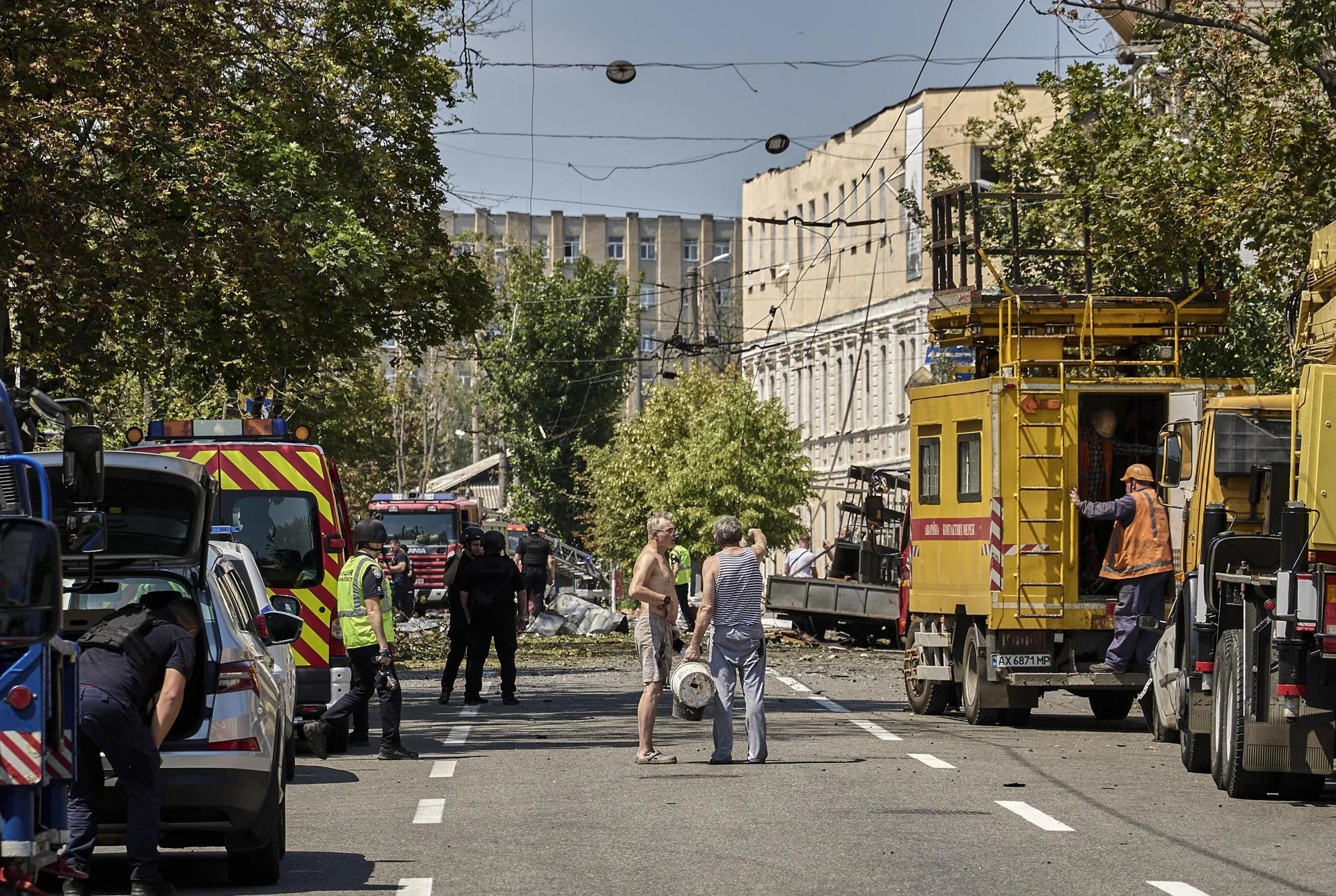
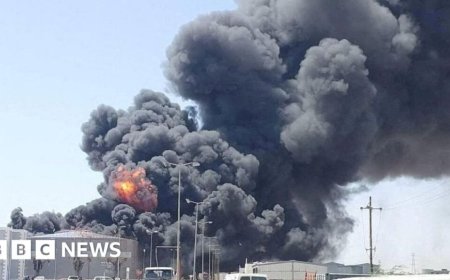
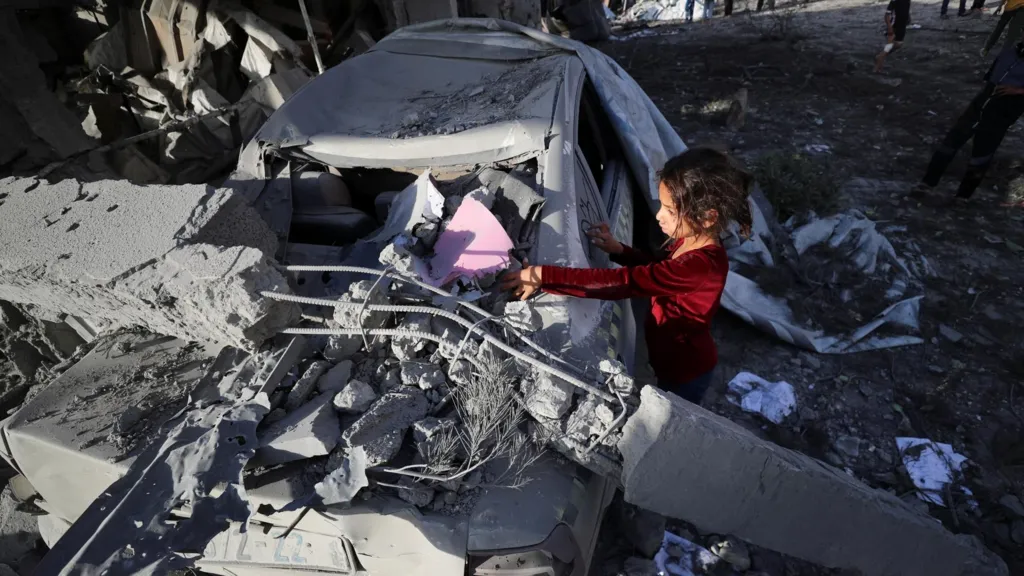

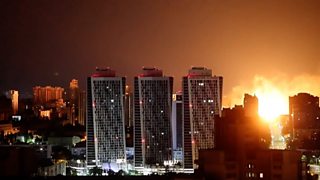

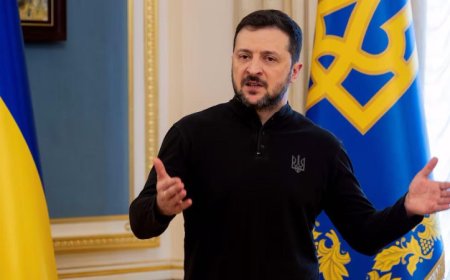
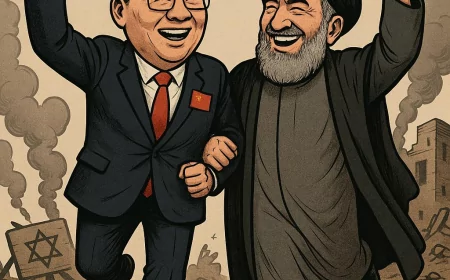
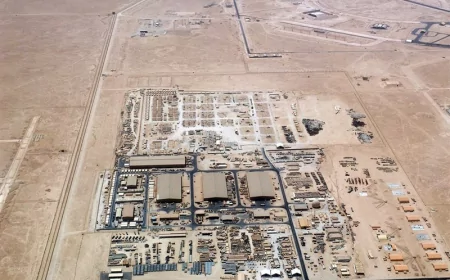
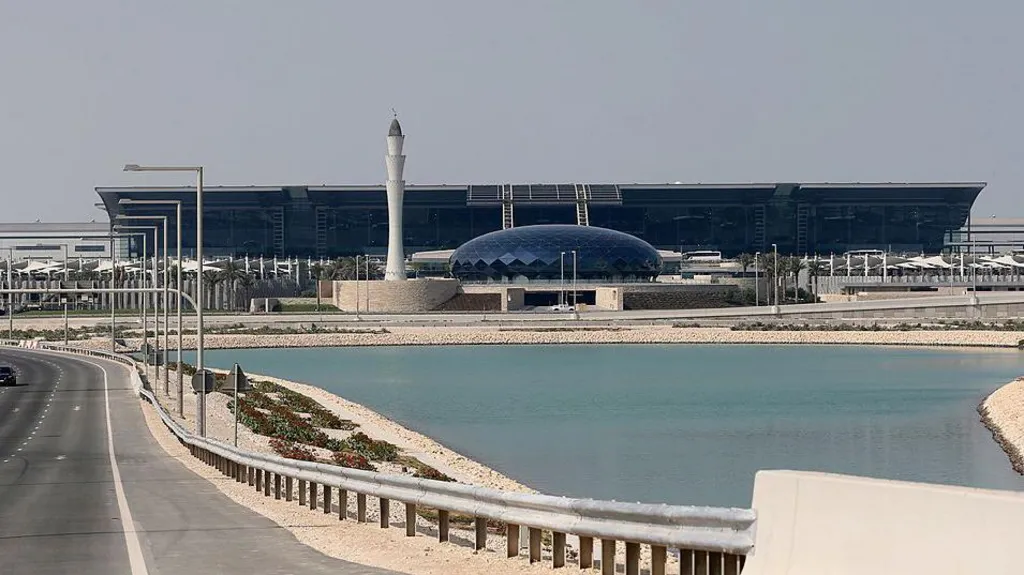
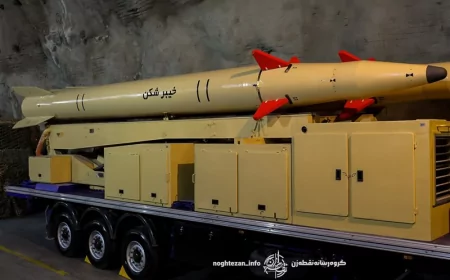

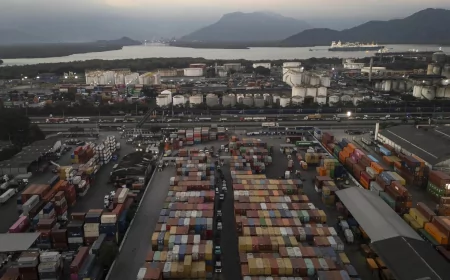

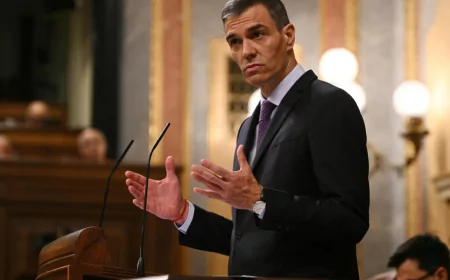

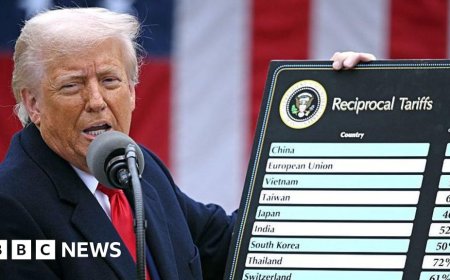
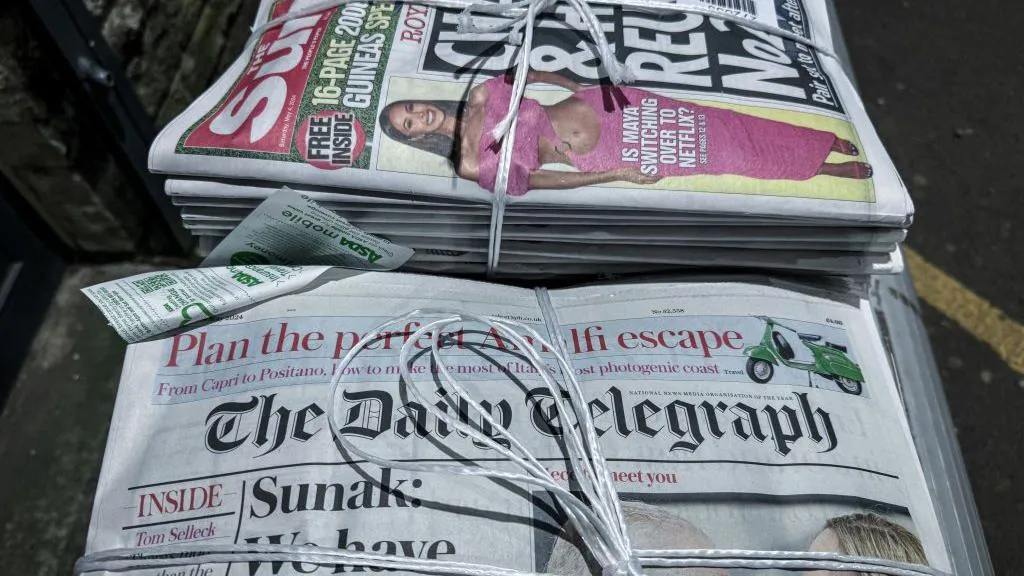
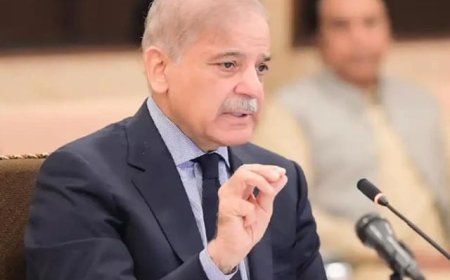


















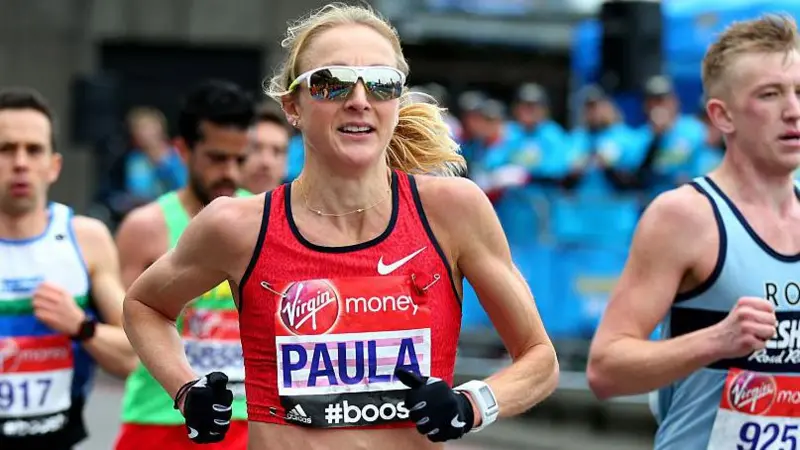


:format(webp)/cdn.vox-cdn.com/uploads/chorus_image/image/73776247/1227541383.0.png)

